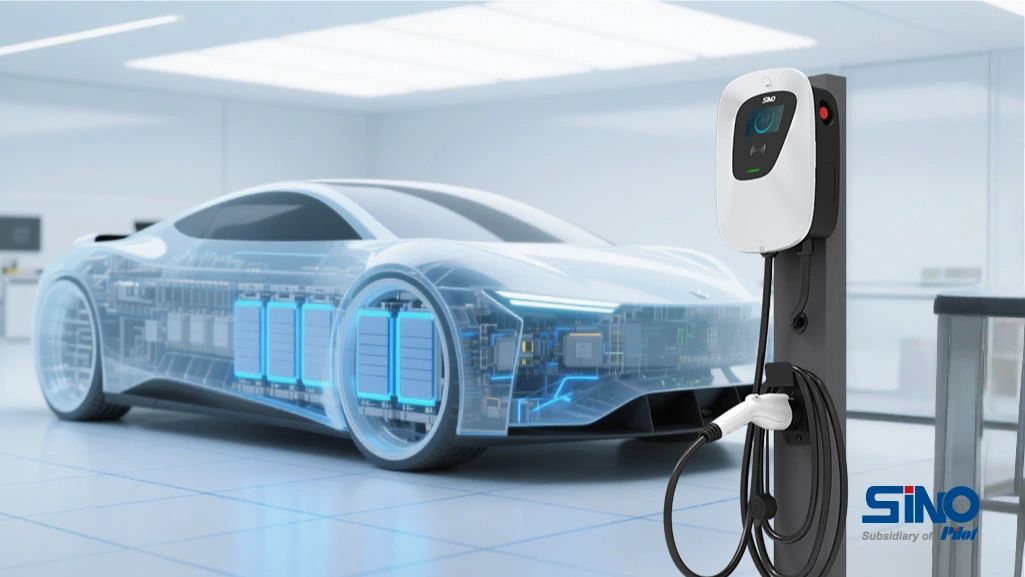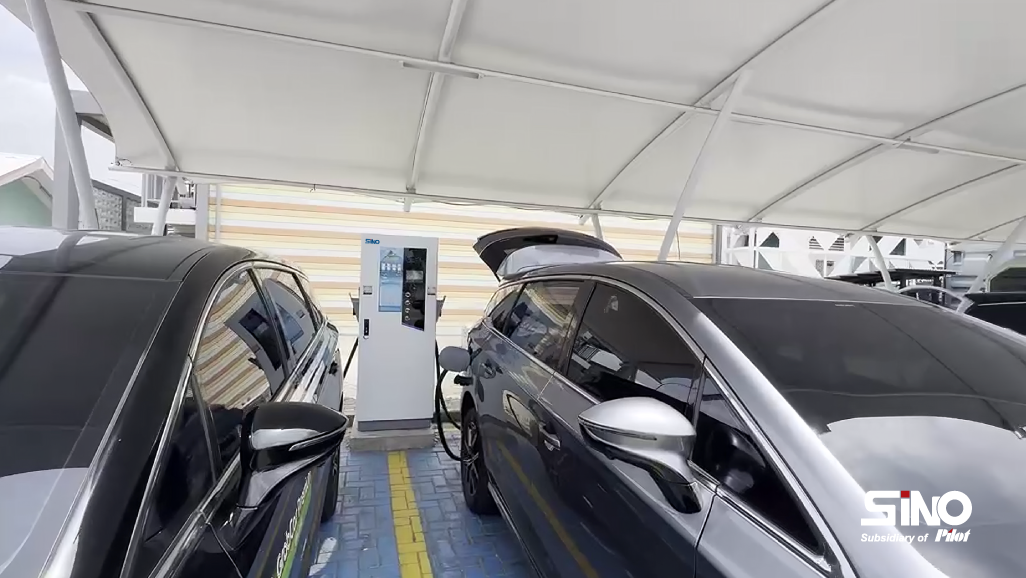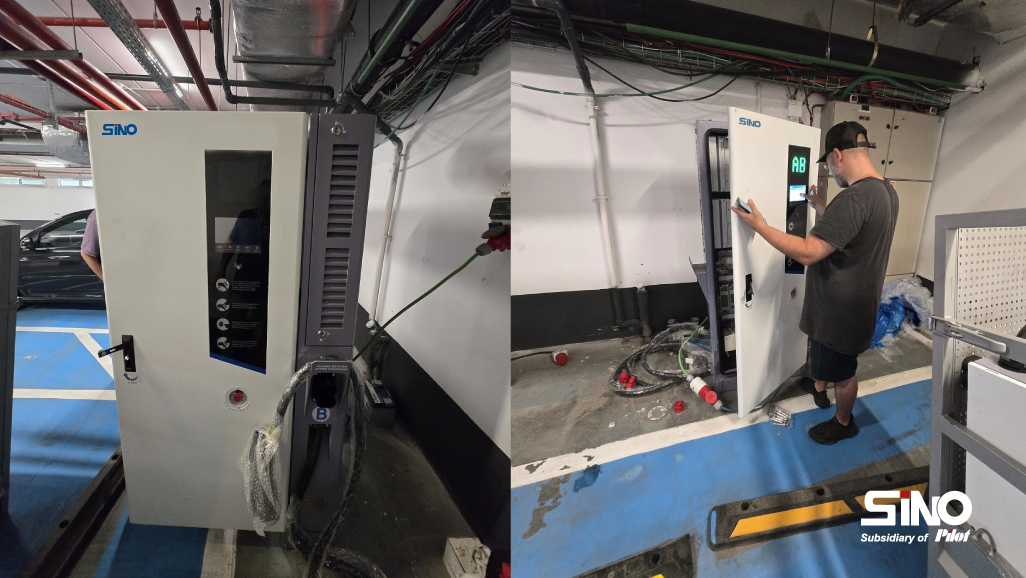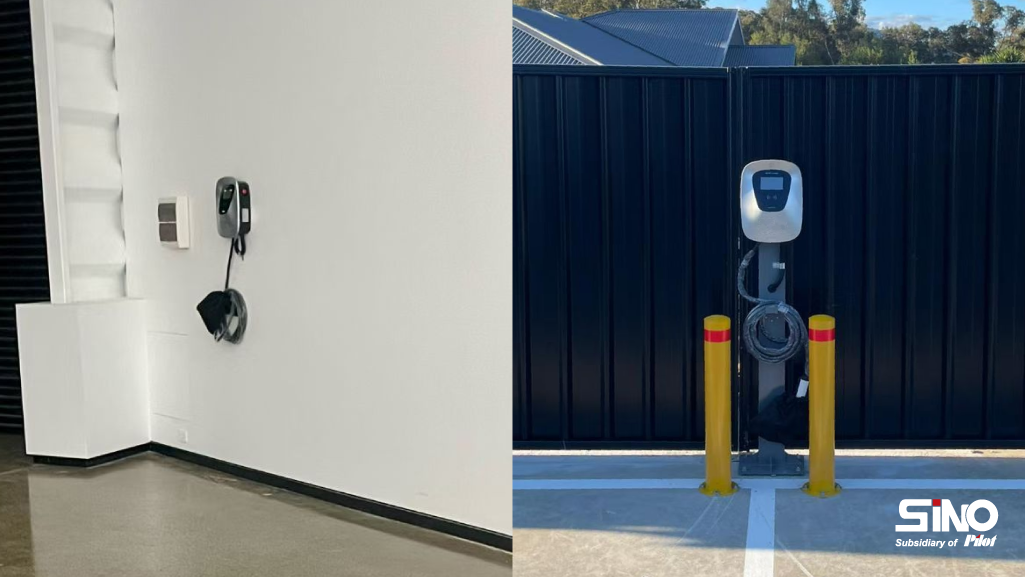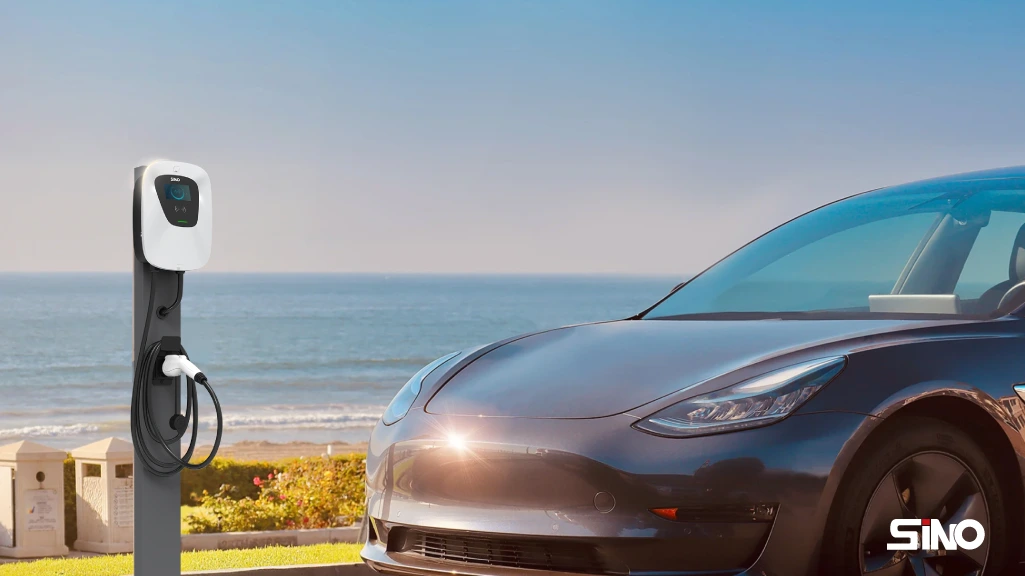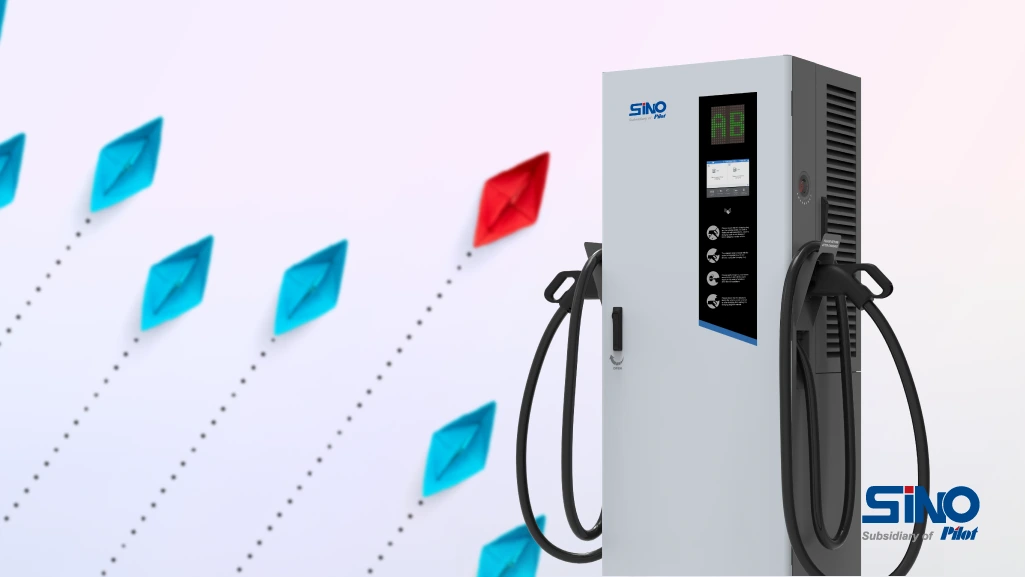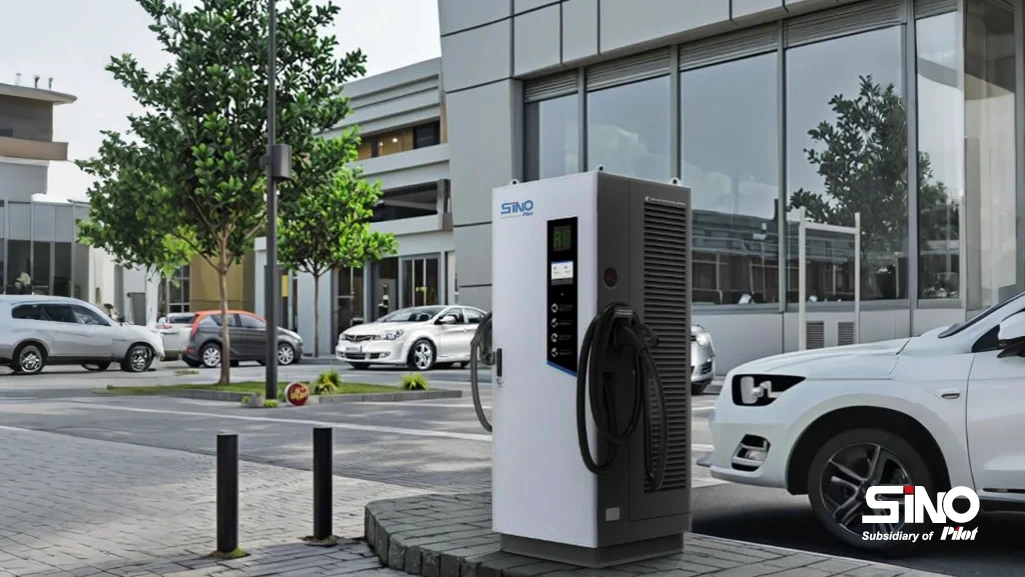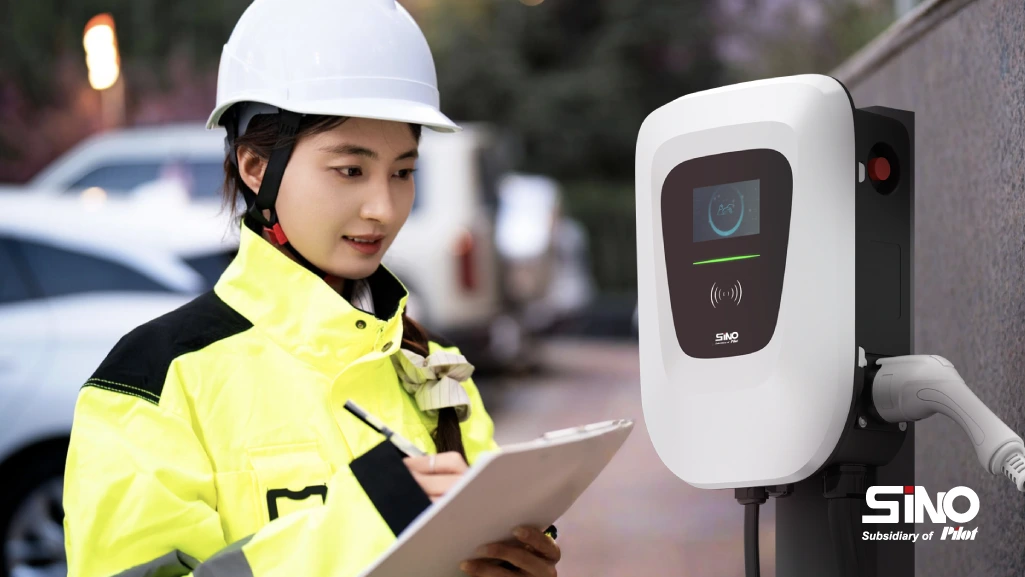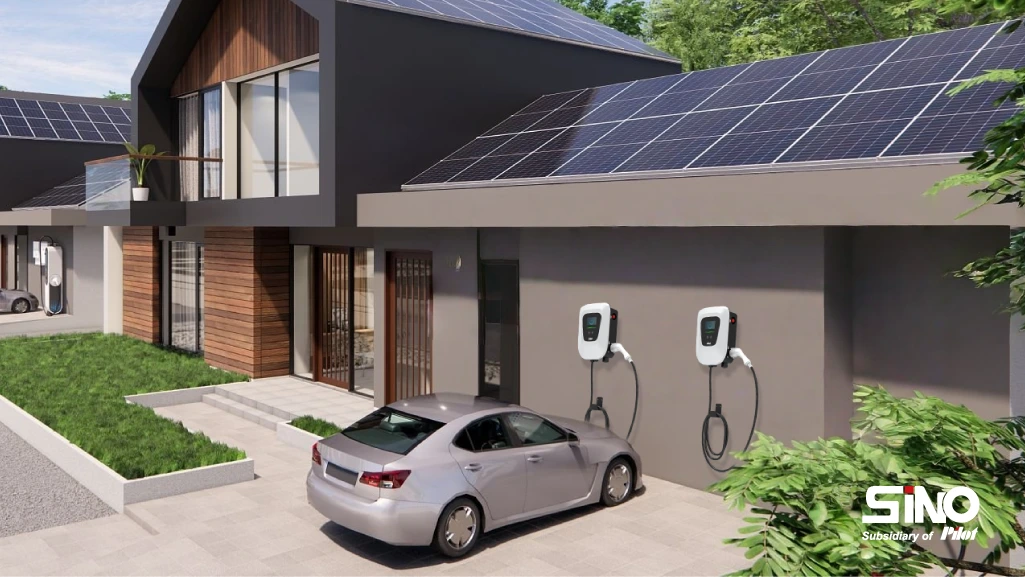If you own an Electric Vehicle(EV) and would like to live comfortably with it, you may need both home and public charging. In this article, we will explore the pros and cons of charging at home versus using public charging stations, providing valuable insights to help you make an informed decision.
Charging at Home: Pros
- Cost Savings: Charging at home is generally cheaper on a per-charge basis due to lower residential electricity rates and it will lead to significant cost savings in the long run. Electricity rates are generally lower than the cost of gasoline. Additionally, some utility companies offer special rates for off-peak hours, further reducing the cost of charging at home.
- More convenience: This is one of the biggest advantages of charging at home. When you have a charging station at your home, you don’t have to drive to a public station every time. You can just simply plug in your vehicle overnight and wake up to a fully charged battery in the morning. Instead of having to wait in a parking lot, you can charge your vehicle while you sit on your couch or sleep in your bed.
- Integration with renewable energy: Homeowners can integrate their charging setup with renewable energy sources like solar panels, reducing environmental impact and energy costs.
- Greater home value: With more homeowners and potential homeowners switching to electric vehicles, a home with a pre-installed EV charger is an attractive prospect once you would like to sell your home. Due to the increased interest in EV chargers, purchasing one can make your home more desirable to buyers and help you sell it for more money. This can help you earn back your initial expenses from buying a charger.
- Customized installation: Owners can choose their charger type and installation site, tailoring the setup to their specific needs and preferences.
Charging at Home: Cons
- Upfront Costs: Installing a home charging station requires an initial investment for both the purchase of the charger and its installation. The cost can vary significantly based on the type of charger and electrical upgrades needed.
- Space requirements: Home charging requires a dedicated space, such as a garage or driveway, which may not be available to all potential EV owners, especially those in urban apartments.
- Limited Range: Charging at home may not be suitable for EV owners who frequently travel long distances. Although most EVs have a range that is sufficient for daily commuting and local trips, longer journeys may require access to public charging stations. In such cases, relying solely on home charging may not be practical.
- Charging Speed: Home charging typically takes longer compared to using fast-charging public stations. While overnight charging is convenient for many EV owners, it may not be ideal for those who need to quickly recharge their vehicles during the day. Fast-charging stations can provide a significant amount of charge in a short period, making them more suitable for certain situations.
- Maintenance responsibilities: Homeowners are responsible for the maintenance and operation of their charging equipment, which could include additional costs over time.
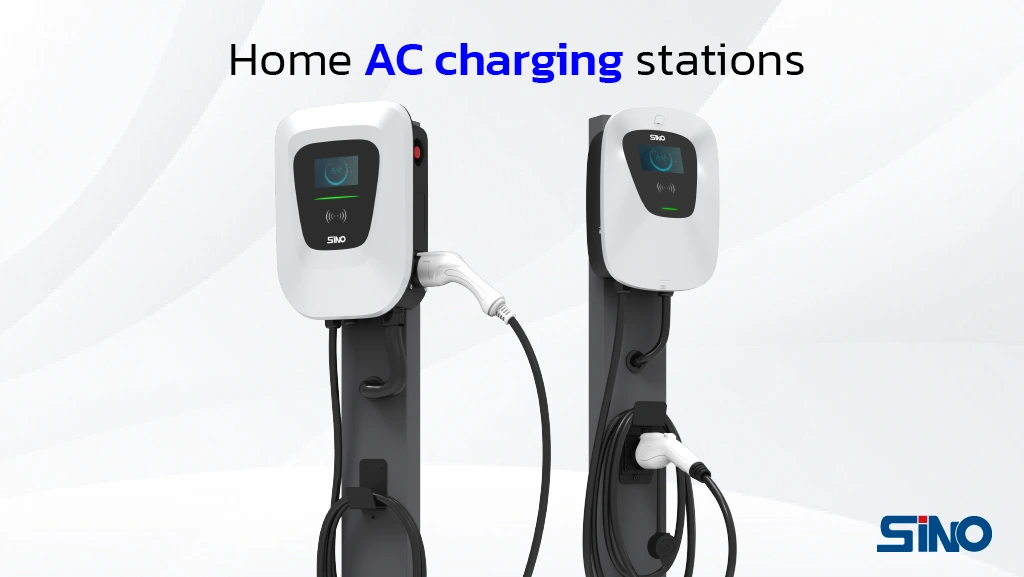
Public Charging Stations: Pros
- Accessibility: Public charging stations are becoming increasingly common and they are often located in convenient locations such as shopping centers, parking lots, and along major highways. This accessibility makes it easier for EV owners to charge their vehicles when they are away from home or on long trips.
- Faster Speed: Public charging stations, especially fast-charging stations, offer significantly faster charging speeds compared to home charging it can provide up to 80% charge in 20 to 30 minutes. This is particularly beneficial for long-distance travel where time is of the essence.
- Extended Range: Public charging stations can help extend the range of EVs, allowing owners to travel longer distances without worrying about running out of battery. This is especially useful for road trips or when there are no home charging options available.
- No Maintenance: Users of public charging do not need to worry about maintenance or uptime, as these responsibilities fall to the service providers.
Public Charging Stations: Cons
- Cost: Public charging can be more expensive than home charging, primarily because commercial rates for electricity and the overhead costs of maintaining the charging stations are higher.
- Compatibility Concerns: Not all EVs are compatible with every type of public charger, particularly concerning connector types and charging speeds, which can be a significant inconvenience.
- Security: Charging in public spaces can raise concerns about the security of both the vehicle and the driver, especially when charging at night or in less-frequented locations.
- Inconvenient searching: If you’re not familiar with where public charging stations are located in your area, it can be potentially inconvenient and stressful to find an electrical charger near you. Additionally, some public chargers are broken or out of service; there are never attendants at these stations to repair them or offer advice. This can be particularly challenging for EV owners who live in rural or remote areas where charging infrastructure is less developed.
- Long waiting time: Using public charging stations can sometimes be inconvenient, especially during peak hours when you might have to wait in line to use a public charger.. After a spot opens up, you’ll then have to wait a little while longer as your vehicle charges. Additionally, some charging stations may require membership or access cards, adding an extra layer of inconvenience.
- Potential damage to the battery: Charging too quickly will cause the battery to reduce capacity at a faster rate and age quicker. Constantly using Level 3 fast-charging stations can cause your EV’s battery to degrade faster than using Level 1 or Level 2 chargers for the majority of your charges.
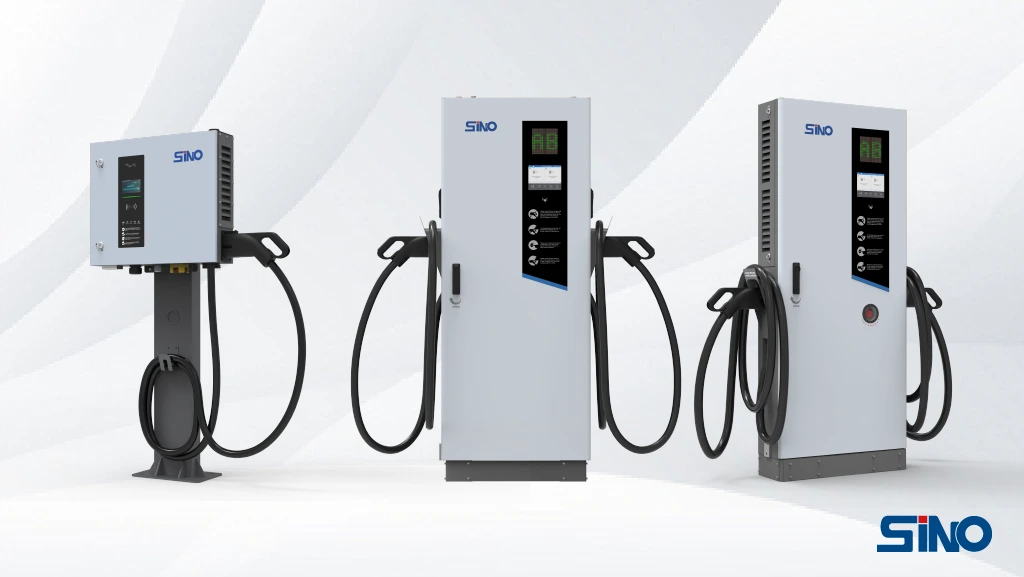
Conclusion:
Both charging at home and using public charging stations have their cons. EV owners need to consider their daily driving habits, travel requirements, and the availability of charging infrastructure in their area when deciding on the most suitable charging method.
Our social:
Facebook: www.facebook.com/sinoevc
Instagram: www.instagram.com/sinoevc
Linkedin: www.linkedin.com/company/sinoevse
Youtube: www.youtube.com/@sinoevc
Twitter: www.twitter.com/sinoevc

“BCharging for a Better Life”
—ZHUHAI SINO ENERG




